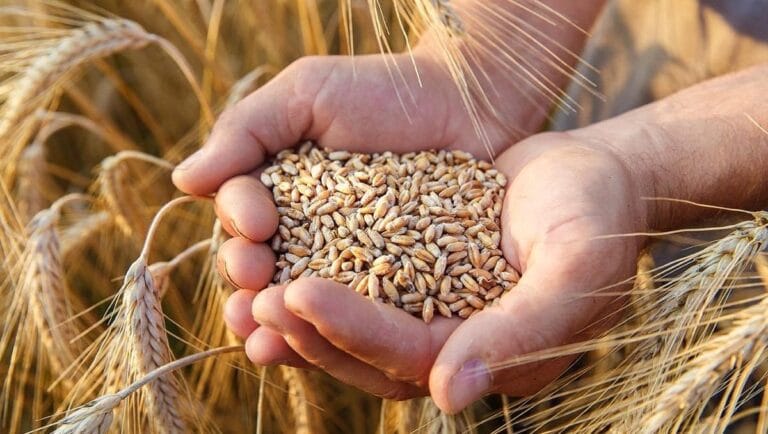Morocco once again strengthens its foothold in international mechanisms for financing sustainable development. The International Fund for Agricultural Development (IFAD) has just conducted a new bond issuance intended for Bank Al-Maghrib. This operation, the eleventh of its kind, is part of IFAD’s financial program for the year 2025 and reflects a long-standing partnership between the UN institution and the Moroccan central bank.
This private placement of 150 million dollars, or nearly 1.47 billion dirhams, has a maturity of ten years. It follows an initial operation launched in July 2024, amounting to 100 million euros. Together, these two initiatives demonstrate the renewed confidence of the Moroccan central bank in IFAD’s financing mechanisms, but above all, the strength of a strategic link serving rural development.
Natalia Toschi, head of financing at IFAD, emphasized the significance of this gesture: “The renewal of trust from Bank Al-Maghrib particularly honors us. It reflects the significance of a relationship patiently built, serving our universal vocation, more pressing than ever in the face of global upheavals.”
A long-term Moroccan commitment
This financial support is not limited to a simple market operation. It is part of a historic partnership that has linked the Kingdom to IFAD for over forty years. Since 1979, sixteen programs have been financed in Morocco, with a total amount exceeding 1.7 billion dollars. More than 700,000 rural households have already benefited.
Today, the active portfolio in the country includes three major projects, totaling 250 million dollars, or about 2.45 billion dirhams. These projects, designed in line with the “Green Generation 2020–2030” strategy, aim to strengthen the capacities of women and youth in mountainous areas, often the most marginalized.
For Donal Brown, IFAD’s vice president of operations, “Morocco stands out not only for the scale of its commitment but also for the clarity of its vision regarding agriculture, climate resilience, and territorial development.”
Family farming, an underutilized lever
This strategic support for IFAD addresses crucial global challenges. In developing countries, nearly three billion people live in rural areas. Although they produce more than a third of the world’s food, smallholder farmers are among the most vulnerable populations: 80% of the poorest live in rural areas, and 730 million people still suffer from hunger.
However, family farming, when supported by appropriate financing, constitutes a powerful lever for social, economic, and environmental transformation. It is at the heart of several Sustainable Development Goals, notably the eradication of poverty (SDG1) and the fight against hunger (SDG2).
Through this type of placement, Bank Al-Maghrib positions itself not only as a responsible financial actor but also as a committed partner for more inclusive development. By supporting IFAD’s missions, Morocco sends a strong signal: rural areas should no longer be the forgotten parts of growth but rather the engines of a sustainable future.


